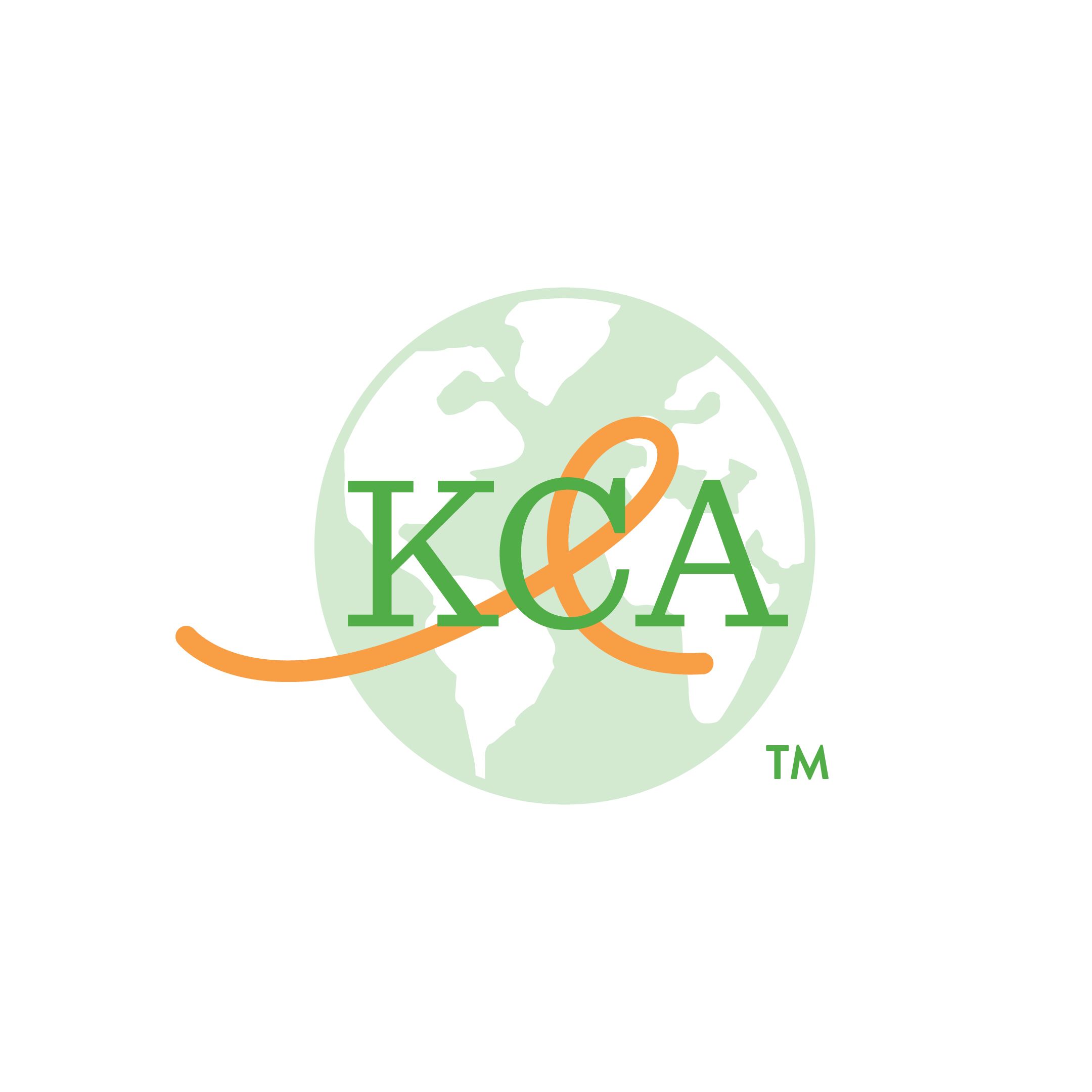This Month in Kidney Cancer Research

Welcome to the KCA's new series where they take a look at what’s happening in kidney cancer each month! From treatments and clinical trials to genetic testing and government regulations, the KCA’s Medical Director, Sallie McAdoo, MS, CGC, will show you what’s new and why it matters.
This month, there were two major announcements about kidney cancer treatments.
Cabometyx plus Opdivo received FDA approval
The combination of Cabometyx (cabozantinib) plus Opdivo (nivolumab) received FDA approval for people with advanced renal cell carcinoma (RCC). This gives patients with advanced RCC another first-line treatment option.
The approval was granted based on the CheckMate-9ER study, which,
Disappointing results from the CANTATA trial
Unfortunately, the glutaminase inhibitor telaglenastat didn’t fare so well when paired with Cabometyx.
Telaglenastat represented a new approach to kidney cancer treatment; it blocks glutamine consumption in tumor cells to keep the available energy and nutrients for growth low. Although the tactic didn’t seem effective in this particular trial, this doesn’t mean that there was any harm to patients who received telaglenastat, that there aren’t other combinations where telaglenastat might prove helpful, or that drugs dealing with glutaminase inhibition aren’t beneficial to some groups of kidney cancer patients.
Even when studies don’t show improvements to care, we can gather valuable information from the outcomes to drive new research and alternatives.
Dr. Chung-Han Lee, a medical oncologist at Memorial Sloan Kettering Cancer Center in New York and a member of the KCA’s Medical Steering Committee,
“Based on [the topline CANTATA] results, it’s difficult to say whether glutaminase inhibition might play a role in other combinations or in specific molecular subsets of patients. Based on the monotherapy data, there does appear to be some activity [with telaglenastat alone] in RCC; however, in a clinical trial without molecular selection, there is no enrichment for patients who might benefit. These results likely speak more toward perils related to a lack of molecular selection as opposed to a complete lack of activity of the compound and mechanism of action.”
We’ll be watching for new studies of glutaminase inhibition and how it may help kidney cancer patients.
